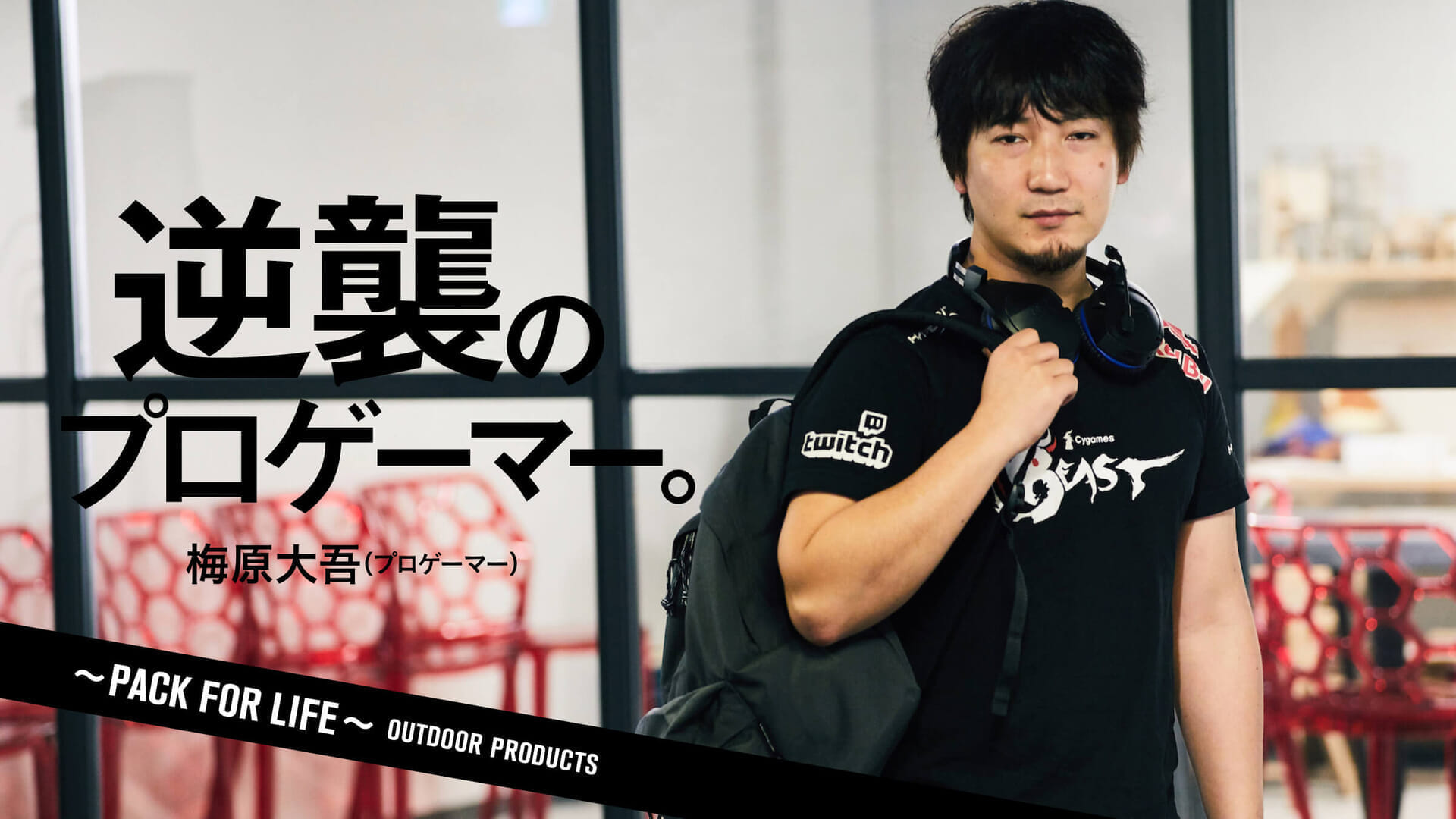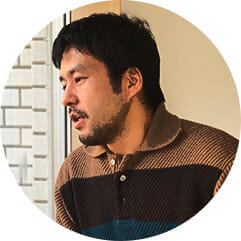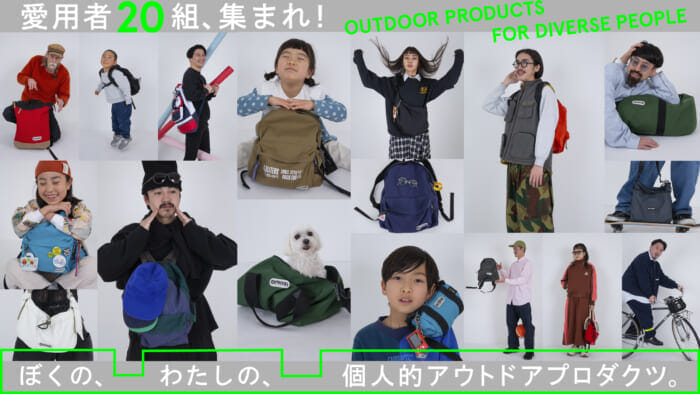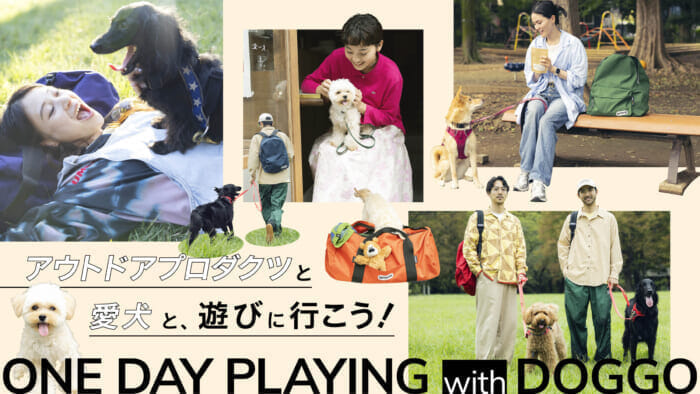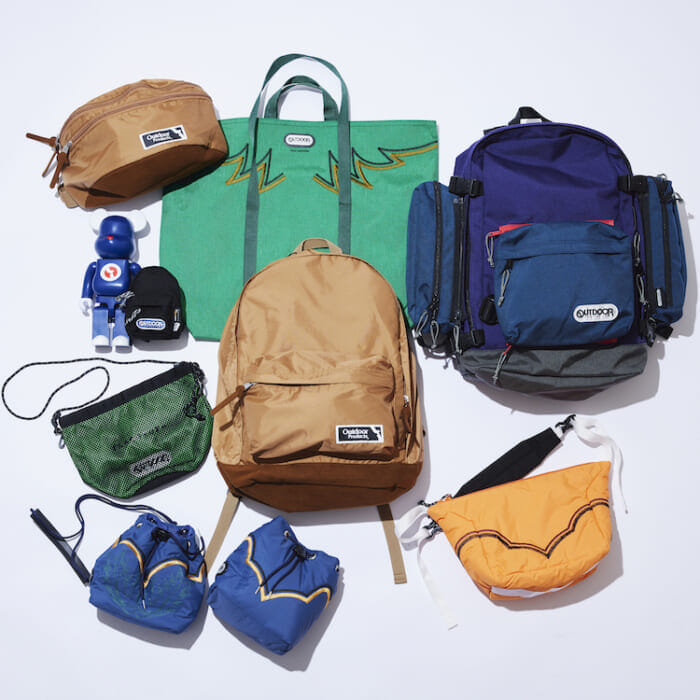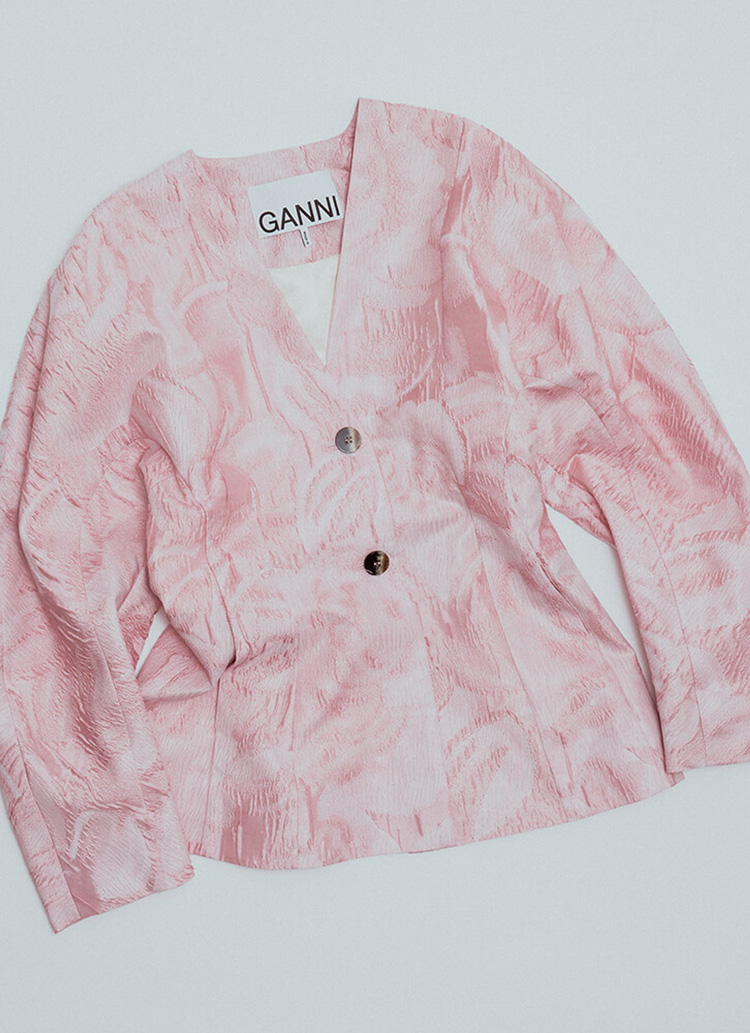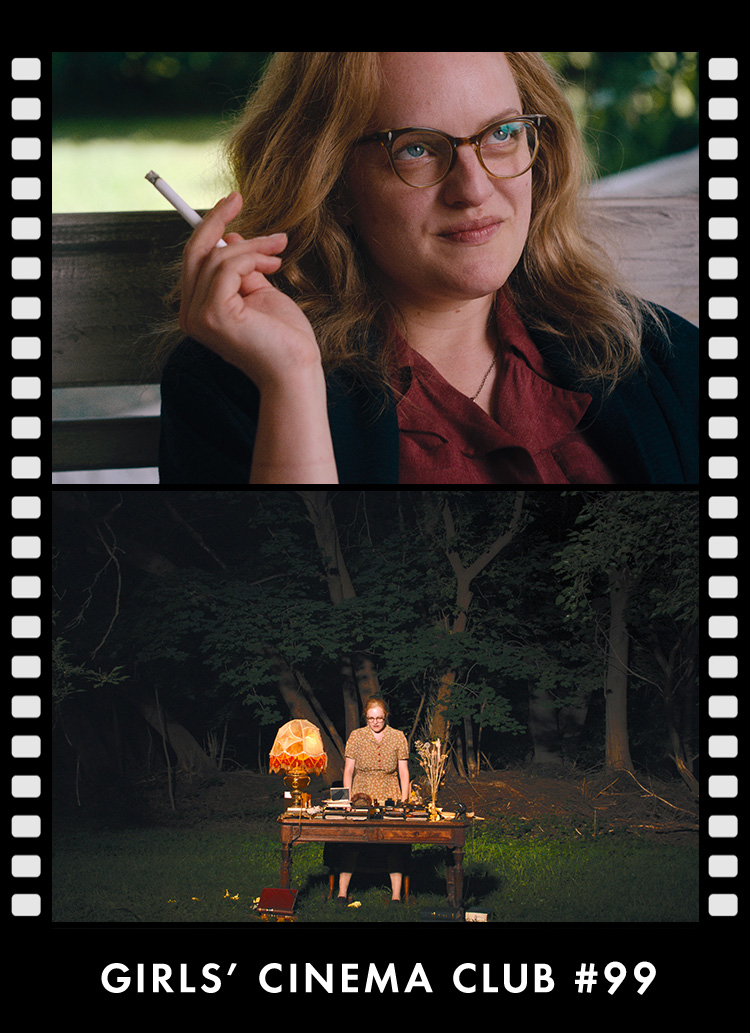PROFILE

In April 2010, he signed a professional contract with a U.S. company, becoming Japan's first professional gamer. In August of the same year, he was recognized by the Guinness Book of World Records as the "World's Longest Award-Winning Professional Gamer" and has since received two other certifications. In 2016, he was named the "Michael Jordan of Fighting Games" by ESPN.com. In April 2019, Newsweek Japan named him one of the "100 Most Respected Japanese in the World. He is the author of numerous books and lectures. He is currently a sponsored athlete for four global companies, Red Bull, Twitch (Amazon's distribution platform), HyperX, and Cygames.
He continued to go to the arcade for 363 days a year.

In 1998, at the age of 17, Umehara-san became the world's number one fighting game player, and although he took a break from gaming in his 20s, he returned to the game in 2010 to become the first Japanese professional gamer. We would like to ask you about why you have continued to do one thing: gaming.
Umehara:To begin with, I was given a NES when I was about 5 years old, and for a while after that I was just an ordinary kid who liked video games. Unlike today, arcade games back then had much higher specs in terms of sound and graphics than home video games, and I was amazed at how much fun it was to play these games, even if you had to pay for them. Until then, I had been saving my allowance to buy NES software, but since then, I started pouring that money into arcade games.
It is quite extreme to allocate your entire allowance to a video game arcade, isn't it?
Umehara:I have always been a "if I'm going to do something, I'm going to do it, and if I'm not going to do it, I'm not going to do it at all" kind of person. I won an official national competition at age 15, and when I won my second national competition at age 17, I earned the right to compete in the world championships, which I also won.
Do you think your parents' views have changed since you started winning competitions?
Umehara:No, it hasn't changed at all (laughs). (Laughs.) Rather, I don't remember whether it was a national or world competition, but when I won the championship there, my parents said to me, "Well, now you can quit. In short, they thought that if I was going to quit anyway, I would probably want to quit after achieving some kind of success.

But Mr. Umehara did not?
Umehara:No, to be honest, I felt like quitting when I was 17 years old. There used to be a man named Takahashi Meijin (Famicon Meijin who was active during the heyday of the Famicom (NES) *Editor's note). He used to appear on TV when I was 5 or 6 years old, but even 10 years later, there was no one who could make a living from video games. In other words, I knew that it was absolutely impossible to make a career out of games and that I would have to stop at some point, so when I won the world championship, I thought, "Well, there is no better title than 'world's number one,' so I guess that's a good break. Well, I ended up continuing.
Why did you keep doing it?
Umehara:At the time, I think it was more about not wanting to leave the arcade community than about wanting to play games. I was never very good at fitting in with others, and I didn't really fit in at school either. For such a person like me, I felt very comfortable in a place where people with common interests gathered together, but where we didn't get along with each other in a strange way. So, at the time, I thought it would be really hard to leave this environment and return to so-called society.
But in the end you made the decision to leave.
Umehara:I had been a freelancer since graduating from high school, and when I was 22 years old, there were three people my age at the restaurant where I worked part-time. I got along well with them and enjoyed working with them, but they were all in their fourth year of college, so they quit their part-time jobs in February or March. At that time, I thought to myself, "I am not like them. I couldn't resist the fear that I would be in trouble if I didn't face up to my future.
That is a very good reason, isn't it?
Umehara:For about eight years from the age of about 14 to 22, I went to the arcade 363 days a year. Except for New Year's Eve and New Year's Day, I went every day, no matter if there was a typhoon or heavy snowfall, so I thought I had had enough. I thought I had had enough. There was no one else who played games that much except me, so I felt as if I was wrestling by myself. It was natural, but I realized that it wasn't something to put my life on the line for.






